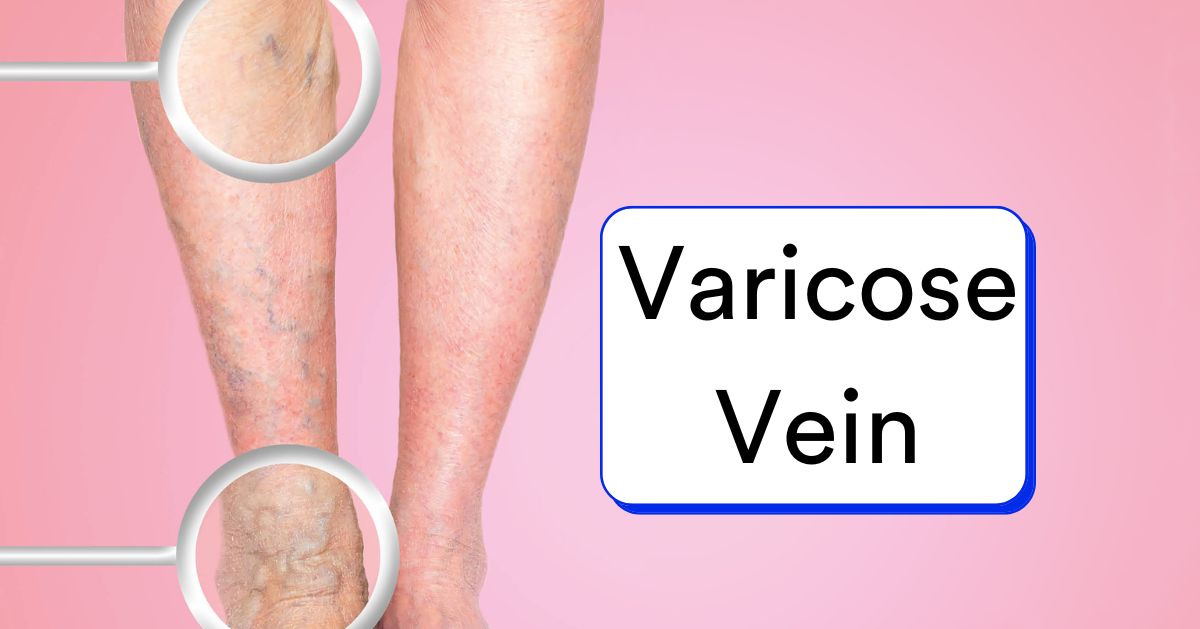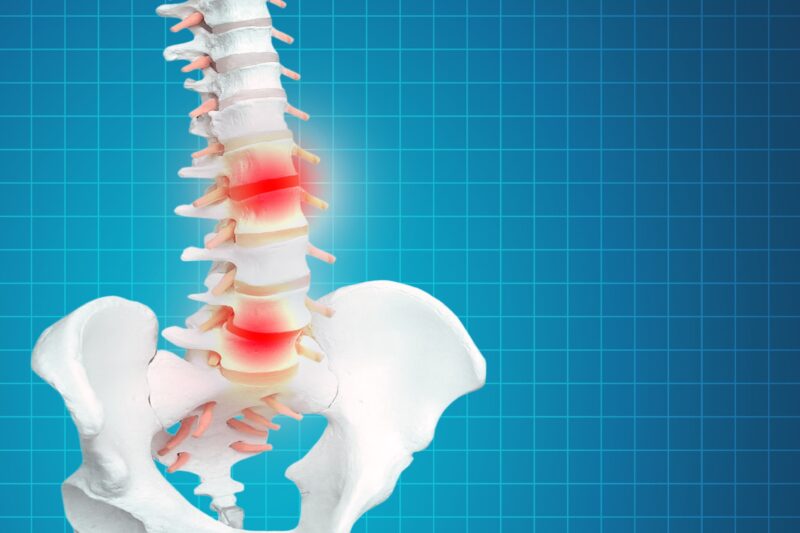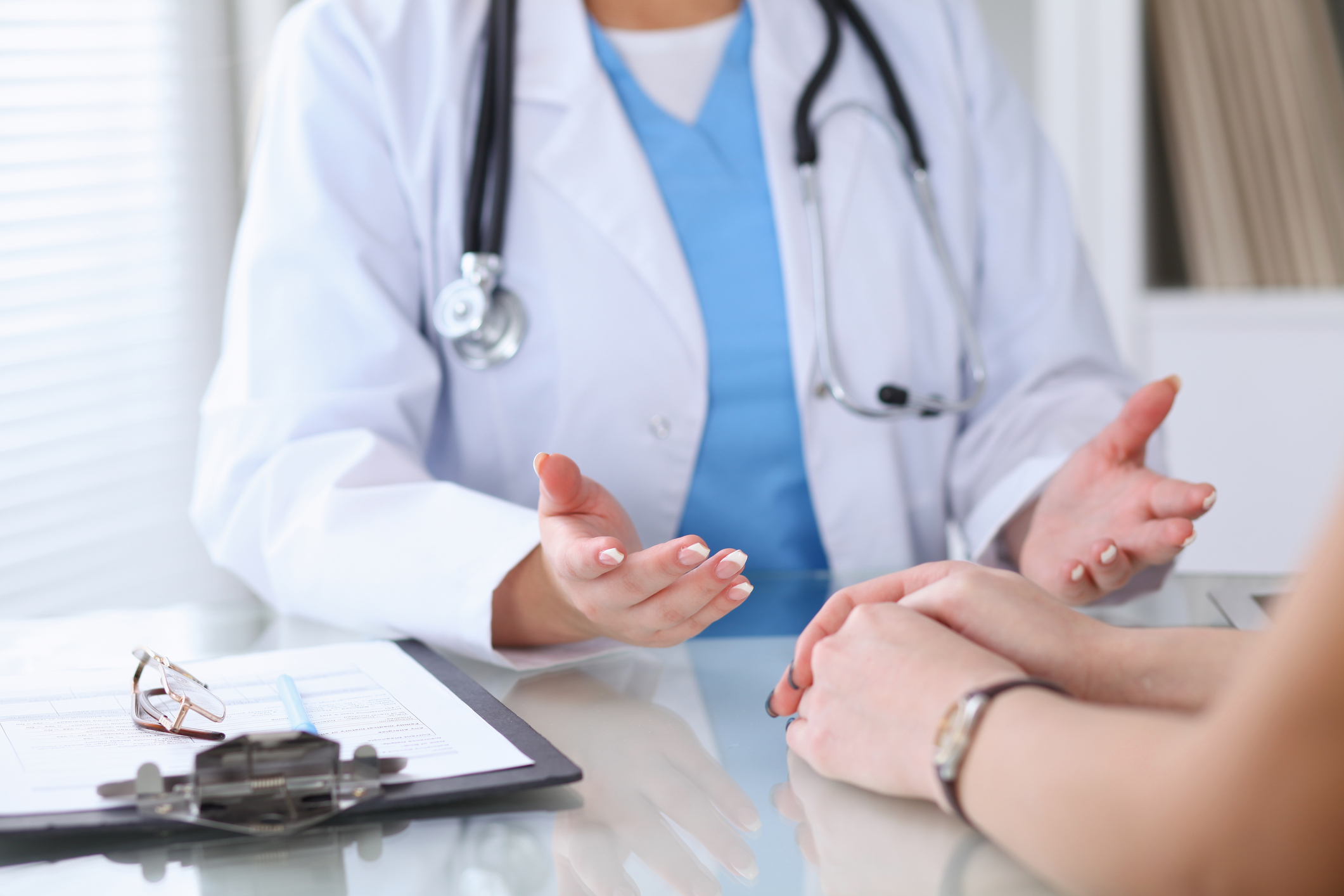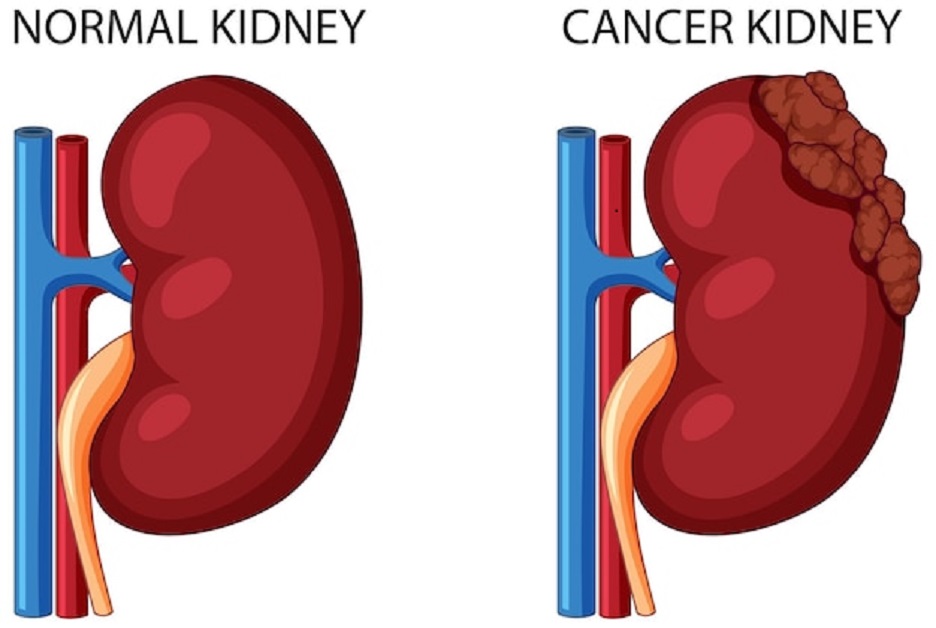Swollen, twisted veins, known as varicose veins, most typically manifest in the legs and can be pretty painful. Depending on the intensity of symptoms as well as individual circumstances and preferences, several surgical and non-surgical therapies are available.
Women are more likely to be affected by varicose veins than males, and the condition often runs in families. The average onset is between 30 and 60, and they worsen with time.
The signs of varicose veins:
Possible lack of pain from varicose veins. Varicose veins manifest themselves in a variety of ways.
- Deep purple or blue veins
- Varicose veins, often known as spider veins, are veins that are enlarged and twisted.
- Varicose veins cause a variety of uncomfortable symptoms, including:
- Legs that hurt or feel heavy
- Pain, inflammation, and swelling in the lower thighs that radiates up the legs.
- Exacerbated discomfort following prolonged periods of inactivity
- Itching in the area around a vein
- Discolouration of the skin along a varicose vein
Causes that might lead to varicose veins:
Varicose veins are often a result of damaged or weakened vein valves. The arterial system is responsible for transporting oxygenated blood from the heart to the rest of the body. Blood flows through veins to return to the heart after being distributed throughout the body. The legs’ veins must fight gravity to pump blood back to the heart.
The elastic vein walls and contracting muscles in the lower legs work together to pump blood back to the heart. Veins have tiny valves that open to let blood into the heart and seal to prevent it from escaping.
Blood can pool in the veins and cause them to bulge or twist if the valves that prevent this from happening are broken or weak. Reach out to the vascular surgeons in Coimbatore to avail of the treatment and avoid significant complications.
Risk factors of the condition that can increase the risk of the condition:
Age:
The valves in your veins that regulate blood flow become less effective as you age. The valves wear down and leak blood back into the veins where it pools.
Sex:
The disorder is more common in females. Because female hormones tend to relax vein walls, they may play a role just before menstruation, during pregnancy, and after menopause. Varicose veins may be more common among women who take hormonal therapies, such as birth control pills.
Pregnancy:
The body’s blood volume rises during pregnancy. In addition to helping the baby grow, this adjustment can cause the infant’s veins in their legs to swell.
What happens if varicose veins are left untreated?
When varicose veins are not treated, the accumulated blood worsens the problem and causes more complications.
Pain and swelling worsen without treatment for varicose veins because the veins get even more damaged over time.
Continuation of signs and symptoms for a long time. Although a person with varicose veins may not be suffering any symptoms at the moment, this does not guarantee that they will not participate in the future. Pain from varicose veins is more likely to occur sooner rather than later the longer they are left untreated.
Leg weakness and fatigue can develop from untreated varicose veins. A faster and more severe onset of fatigue is the result. This can have serious repercussions for people whose jobs or hobbies require them to be on their feet for long periods.
Wounds like ulcers are more likely to form if varicose veins are left untreated. Additionally, they may induce uncontrolled bleeding and slow the healing process of wounds.
Avoiding treatment for varicose veins only makes the veins more noticeable, worsens symptoms, and causes further vein damage.
Because of this, medical attention is crucial. In addition to prescribing medication or other medical therapies, a vein expert may also suggest modifying your lifestyle to halt the problem’s growth and alleviate symptoms. The spider vein treatment is usually similar to the varicose veins treatment involving various procedures.
Are varicose veins treatments successful?
Wearing stockings can alleviate symptoms and forestall skin problems. However, if worn frequently, they can reliably keep the majority of patients from needing surgery which is usually recommended by vascular surgeon depending on the diagnostic results.
Varicose veins can be successfully treated with injections, but the new technique of foam sclerotherapy needs more research to determine its long-term effectiveness.
Following surgery, roughly one-seventh of patients will experience a recurrence (return of varicose veins) within ten years. This recurrence may have originated from improper surgical preparation or execution, the development of a new vein, or the onset of a valve leak in an unrelated location.
Compression stockings and continued movement following surgery can help lower the risk of deep vein thrombosis (DVT), which is a potentially life-threatening clot that forms in the veins. To avoid major complications, consult varicose veins specialist at the best hospital.





